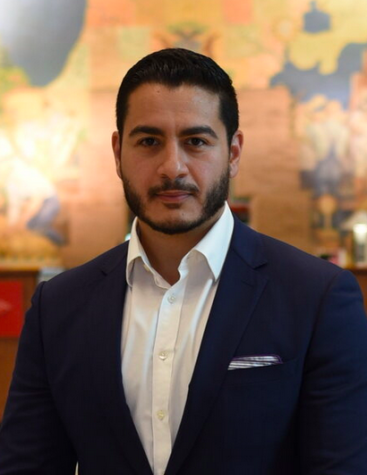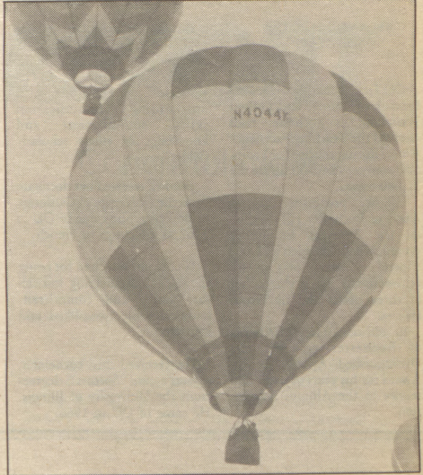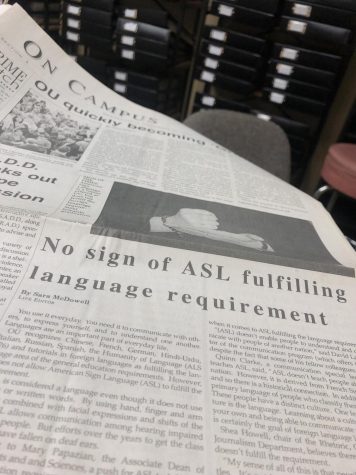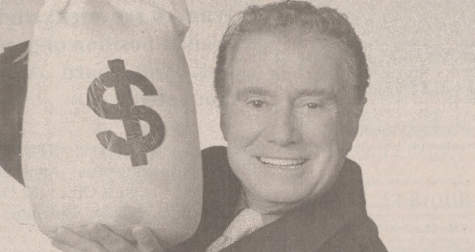Looking Back: Past Problems with Hazing and Oakland
Hazing in different Greek Life organizations is an issue that has not been tolerated at universities across the nation for years. If a sorority or a fraternity is found hazing its members, that association will be punished and possibly expelled from its university.
Oakland University has had its fair share of Greek societies that have been guilty of hazing. In April 1996, Phi Beta Sigma had hazing reported by its own vice president at the time, Kenneth Briggs.
Briggs went to the Oakland University Police Department after a pledging student came to him seeking advice. He reported that two fraternity brothers, one of them being an OU student, were paddling him, sometimes between 30 and 50 times a day.
“This incident will not change anything,” Briggs said in an Oakland Post article. “If anything, people are going to talk down because someone sold out. They want to keep it under the table.”
Within the week, Phi Beta Sigma was suspended by its national office, and the chapter faced sanctions except for, surprisingly, Briggs. Briggs, a member of Phi Beta Sigma for two years and vice president of the chapter, was not officially registered for the fraternity and had never paid his membership fee.
“I don’t want this to be a thing about Kenneth Briggs,” Briggs said. “I want this to inform people about the wrongness, the serious nature of hazing.”
Some other examples of hazing include members yelling at pledges, underage drinking or late night activities that take away from a student’s ability to sleep or study.
Even after this event, hazing continued to happen on OU’s campus. In November 1996, a little more than six months after Phi Beta Sigma was suspended for hazing, the sorority Chi Upsilon was suspended for hazing as well.
According to a former president of Chi Upsilon, Stephanie Maximuk, in 1997 some active members of the sorority wanted pledges to sleep outside a cabin in Grayling during initiation. When this was found to be possibly liable, the sorority tried to find solutions around this being seen as hazing.
Some options that were floated out included giving the pledges a mattress and a number of blankets, but even with these options the event could still be seen as a form of hazing.
This was not the only hazing issue of which Chi Upsilon was guilty. Maximuk said other hazing examples included having pledges perform a scavenger hunt on a busy highway, taking shots of Jack Daniels and sleeping in a garage.
“I don’t intimidate easily… but I didn’t know what to do at that point,” Maximuk said regarding the different hazing rituals. “It was all about trust.”
Other fraternities that were suspended for hazing include Sigma Alpha Epsilon for making pledges stand in the middle of a ring of fire in December 1993.
“Hazing has become a national concern, but generally speaking, our groups have worked hard to eliminate hazing,” the then Dean of Students David Herman said. “Students are here for their studies, and pledging shouldn’t detract from that.”







